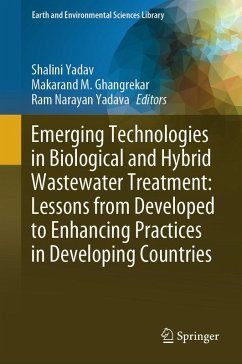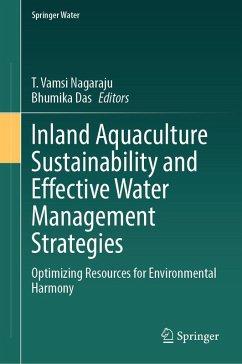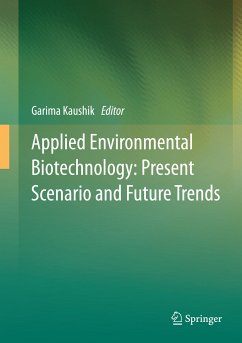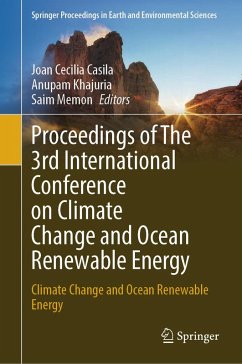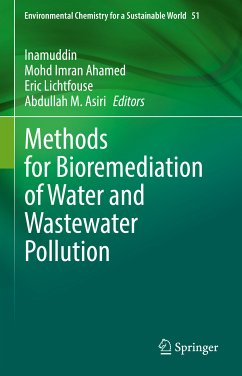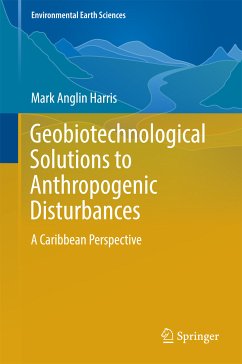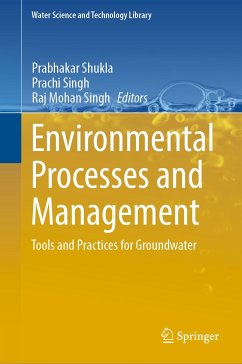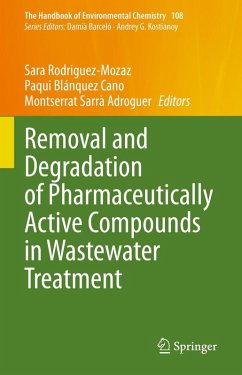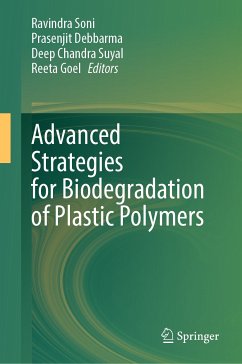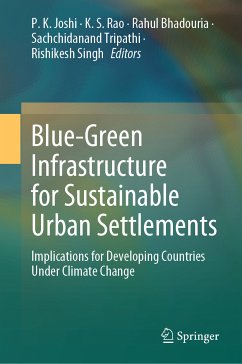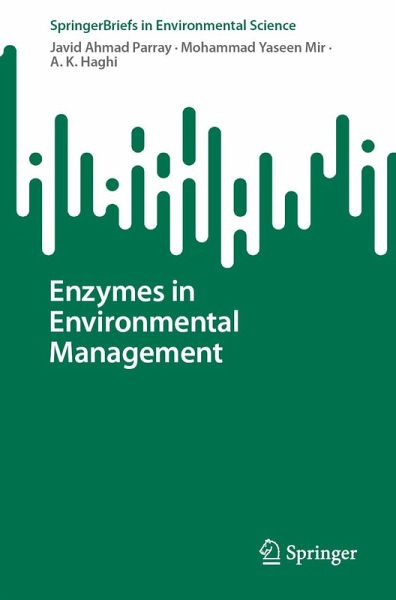
Enzymes in Environmental Management (eBook, PDF)
Versandkostenfrei!
Sofort per Download lieferbar
40,95 €
inkl. MwSt.
Weitere Ausgaben:

PAYBACK Punkte
20 °P sammeln!
Enzymes can help break down plastic waste and make it less harmful to the environment. They can also be used to treat various types of waste, including agricultural and food waste, and wastewater. Enzyme engineering is an important part of chemical biotechnology and helps to keep the environment clean. Making clean and renewable fuels is a priority, and many strategies are being developed to achieve this goal. However, food waste is still a major problem that can harm the environment because most disposal methods are not eco-friendly. This volume aims to inform readers about the latest develop...
Enzymes can help break down plastic waste and make it less harmful to the environment. They can also be used to treat various types of waste, including agricultural and food waste, and wastewater. Enzyme engineering is an important part of chemical biotechnology and helps to keep the environment clean. Making clean and renewable fuels is a priority, and many strategies are being developed to achieve this goal. However, food waste is still a major problem that can harm the environment because most disposal methods are not eco-friendly. This volume aims to inform readers about the latest developments in the use of enzymes for environmental management. This comprehensive resource provides a detailed overview of how enzymes can be used in various sectors to promote ecological sustainability. It covers the composition, properties, characterization, chemistry, and applications of different enzymes in emerging and eco-friendly approaches to waste treatment. It also highlights the latest advancements in sustainable technology and biotechnology enzymes. The book is divided into sections that feature various enzymes used for treating resistant pollutants in wastewater, enzymatically degrading synthetic plastics, and engineering enzymes to impact environmental sustainability positively. It also covers enzymes used in the valorization of waste, enzyme technology in biofuel production, and the recovery of enzymes from food waste. Each chapter presents the enzymes' chemical, physical, and biological attributes and reviews the recent research conducted in this emerging field. The authors hope this document will inspire scientists to explore novel chemical, material, and energy sources in the future and to continue developing innovative applications for enzymes in environmental management.
Dieser Download kann aus rechtlichen Gründen nur mit Rechnungsadresse in A, B, BG, CY, CZ, D, DK, EW, E, FIN, F, GR, HR, H, IRL, I, LT, L, LR, M, NL, PL, P, R, S, SLO, SK ausgeliefert werden.



